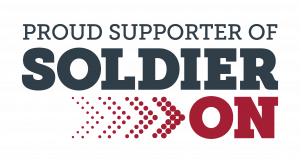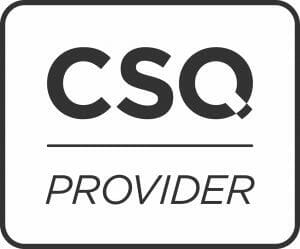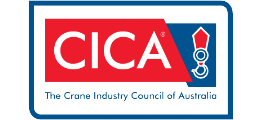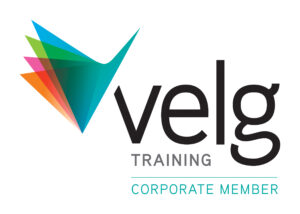About this Course
Course Description:
This course covers all the requirements for obtaining a national High Risk Work Licence (Class CN) for Non slewing mobile cranes greater than three tonnes capacity.
A non-slewing mobile crane means a mobile crane, of greater than three tonnes capacity, incorporating a boom or jib that cannot be slewed.
This Includes:
- articulated type mobile cranes
- locomotive cranes
- non-slewing telehandlers (over three tonnes capacity, fitted with a boom and/or jib with a hoist rope and/or hook block).
It does not include vehicle tow trucks.
If a participant requires a reassessment for a High-Risk Work Licence an additional $250.00 + GST reassessment fee will apply.
Location:
Private courses can be run at Kallibr Training (RTO 32365) locations in Sydney and Brisbane.
Private training can be organised and conducted onsite if the following training and assessment requirements are met:
- A room with access to power, a blank wall for presentation, a projector screen or a large TV, table/s and chairs.
- Clear flat operating area.
- An articulated non-slewing mobile crane with a rated capacity (RC) of 12 tonnes or greater in safe/serviceable working order in accordance with manufacturers specifications
Appropriate loads must consist of:
- a load of >50% of the Rated Capacity of the crane with a boom length of >75%
- Stillage containing a load of steel pipes of equivalent weight that requires a dogger to sling
- An asymmetric load that requires a dogger to sling
- A round load with a minimum diameter of 300 mm and minimum length of 3 m that requires a dogger to sling.
Course Outline
- Available at Ingleburn and Salisbury
- Onsite training available
- Nationally recognised
- Group discounts available
- Online booking available
Course Availability & Pricing
Please see our public course dates below. If there are no dates available or you would like to arrange a private course at your site or ours, then please select the ‘Private courses’ button.
Course Outcomes
Learning Outcome
On completion of the course, participants will have gained the following skills and knowledge to:
- Plan Operations: Hazard management and consultation
- Pre-operational Inspections: Crane and associated equipment
- Set up: Outriggers, crane boom and lifting equipment
- Transfer Loads: Shift loads with slings and mobile loads
- Conclude Operations: Shut down and pack up crane and equipment following site specific procedures
Outcome
- A nationally recognised Statement of Attainment in and a High-Risk Work Licence (class CN) will be issued through the WHS authority in your jurisdiction. (SafeWork/WorkSafe)
Further Information
What is a Non slewing mobile crane?
Non-slewing mobile crane means a mobile crane incorporating a boom or jib that cannot be slewed, and Includes:
- articulated type mobile cranes
- locomotive cranes
- A non-slewing telehandler (over three tonnes capacity, fitted with a boom and/or jib with a hoist rope and/or hook block)
What are the slewing mobile crane licences? (C2, C6, C1, C0)
A slewing mobile crane means a mobile crane incorporating a boom jib that is capable of being slewed. This excludes front end loader, backhoe, excavator and other earthmoving equipment when configured for crane operation.
There are four classes of slewing mobile cranes each with a different capacity:
- up to 20 tonnes (C2) – incorporating CN & CV classes
- up to 60 tonnes (C6) – incorporating C2, CN & CV classes
- up to 100 tonnes (C1) – incorporating C6, C2, CN & CV classes
- over 100 tonnes capacity (C0) – incorporating C1, C6, C2, CN & CV classes
If a slewing telehandler is fitted with a boom and/or jib with a hoist rope and/or hook block, a C2, C6, C1 or C0 high risk work licence is required, dependent on the telehandler’s rated capacity.
You can read more about crane licence on the following links
SafeWork/WorkSafe conditions of assessment:
- Applicants to be at least 18 years of age.
- Able to produce 100 points or more of identification as per the SafeWork/WorkSafe identification checklist.
- Speak and understand English at a level to be able to participate in the training and assessment
Note: Verbal assessments can be arranged for applicants with writing and reading difficulties (extra charge applies)





